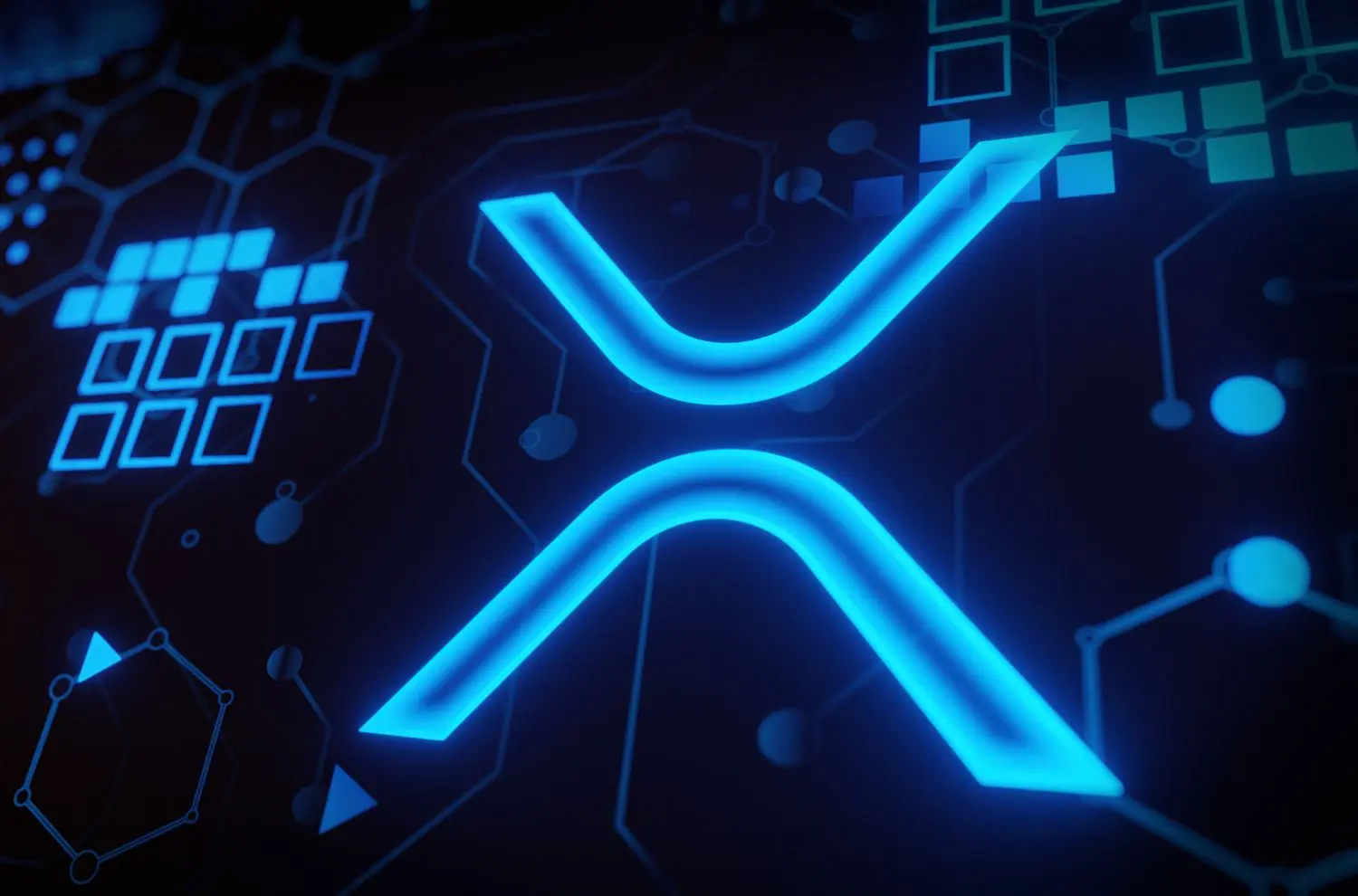Gary Gensler Challenges Ripple Ruling in Final SEC Filing
18.01.2025 13:00 2 min. read Alexander Zdravkov
As his term concludes, outgoing SEC Chairman Gary Gensler has filed an appeal against the Ripple XRP ruling, arguing that the earlier decision by Judge Analisa Torres misinterpreted securities law.
This move, likely Gensler’s last major action as chairman, revisits the controversial July 2024 ruling that Ripple’s programmatic XRP sales to retail investors were not securities offerings.
The SEC’s appeal, submitted to the Second Circuit, contends that Ripple misled retail investors into believing XRP’s value was tied to Ripple’s efforts, regardless of how the tokens were purchased. Gensler’s team also argues that the Supreme Court’s Howey Test, which defines securities, doesn’t hinge on whether investors know the seller’s identity. Additionally, the appeal emphasizes that XRP’s fungibility means its classification as a security applies uniformly across transactions.
The Ripple ruling had significant ripple effects, sparking a 60% surge in XRP’s price and fueling perceptions that the SEC’s regulatory authority over cryptocurrencies was weakening. Critics of Gensler used the decision to amplify calls for his resignation, while social media campaigns like #FireGaryGensler further eroded his standing.
Gensler’s resignation takes effect as Donald Trump prepares to assume office, leaving the SEC under new leadership. The outcome of the Ripple appeal now rests with the U.S. Court of Appeals for the Second Circuit, a decision that could reshape the regulatory landscape for XRP and countless other cryptocurrencies. As Gensler exits, this appeal serves as a final chapter in his contentious relationship with the crypto industry.
-
1
Ethereum Core Developer Launches Foundation to Push ETH to $10,000
03.07.2025 20:00 2 min. read -
2
First-Ever Staked Crypto ETF Set to Launch in the U.S. This Week
01.07.2025 9:00 2 min. read -
3
XRP Price Prediction: Price Compression and Higher ETF Approval Odds Could Propel XRP to $4
01.07.2025 20:03 3 min. read -
4
LINK Stuck Below $15 as Whales Accumulate and Retail Stalls, CryptoQuant Reports
03.07.2025 19:00 2 min. read -
5
Crypto Inflows hit $1B Last Week as Ethereum Outshines Bitcoin in Investor Sentiment
07.07.2025 20:30 2 min. read
Over $5.8 Billion in Ethereum and Bitcoin Options Expired Today: What to Expect?
According to data shared by Wu Blockchain, over $5.8 billion in crypto options expired today, with Ethereum leading the action.
2 Main Reasons Behind Ethereum’s Surge to $3,600
Ethereum surged 5.18% in the past 24 hours, crossing the $3,600 level and reaching $3,670 before going back to $3,590 at the time of writing.
XRP Hits All-time High Amid Regulatory Breakthrough and Whale Surge
XRP officially entered uncharted price territory on July 18, surging past its previous record to hit a new all-time high of $3.64, fueled by a powerful combination of U.S. regulatory progress, technical breakouts, and heavy whale accumulation.
BlackRock Moves to Add Staking to iShares Ethereum ETF Following SEC Greenlight
BlackRock is seeking to enhance its iShares Ethereum Trust (ticker: ETHA) by incorporating staking features, according to a new filing with the U.S. Securities and Exchange Commission (SEC) submitted Thursday.
-
1
Ethereum Core Developer Launches Foundation to Push ETH to $10,000
03.07.2025 20:00 2 min. read -
2
First-Ever Staked Crypto ETF Set to Launch in the U.S. This Week
01.07.2025 9:00 2 min. read -
3
XRP Price Prediction: Price Compression and Higher ETF Approval Odds Could Propel XRP to $4
01.07.2025 20:03 3 min. read -
4
LINK Stuck Below $15 as Whales Accumulate and Retail Stalls, CryptoQuant Reports
03.07.2025 19:00 2 min. read -
5
Crypto Inflows hit $1B Last Week as Ethereum Outshines Bitcoin in Investor Sentiment
07.07.2025 20:30 2 min. read


